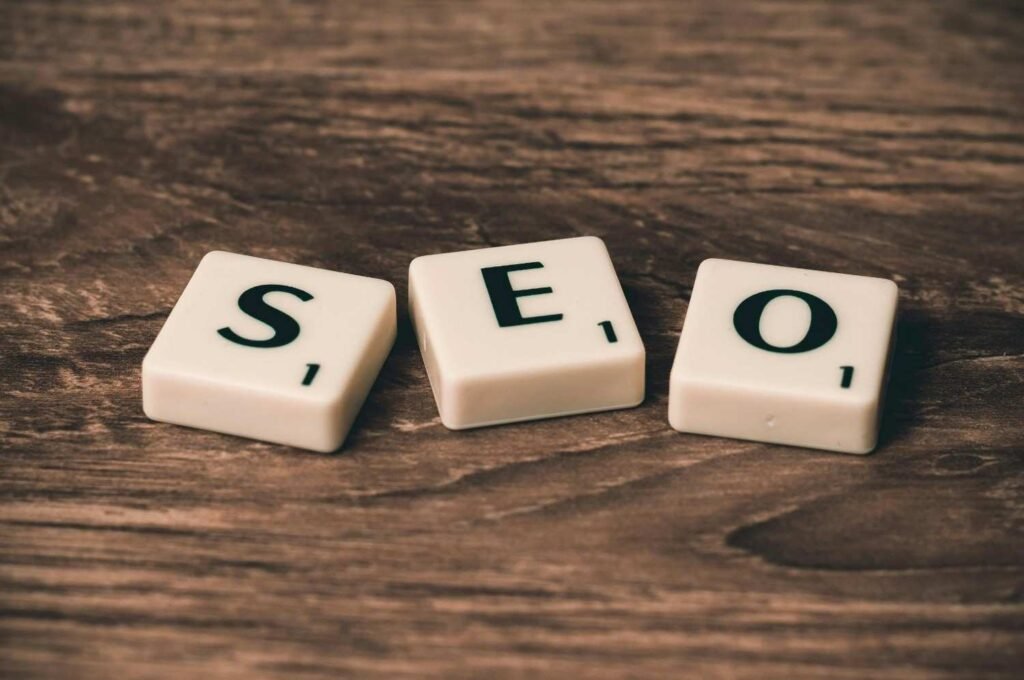Introduction
15 Hidden Mistakes That Kill Online Businesses. It is great to launch an online business, but most entrepreneurs are unaware of the difficulties until it is too late. Establishing a business is made simple by the internet, but maintaining development necessitates avoiding hidden hazards. These errors might not be immediately apparent, but they subtly damage your company until it fails.
This post will examine the most detrimental hidden errors that internet companies make and offer practical ways to steer clear of them.
1. Lack of a well-defined business plan
Getting started without a clear plan is a common mistake. A lot of entrepreneurs believe they can learn as they go. Improvisation is useful, but it is dangerous to rely only on it.
A well-written business plan outlines your objectives, target market, price structure, and expansion plan. You run the risk of dispersing your energy in too many different directions without it. Imagine wasting time and gas while driving cross-country without a GPS. You might make it eventually.
How to stay away from it:
• Put your short- and long-term objectives in writing.
• Describe your distinct value proposition, or the reasons why clients should pick you.
• Create a financial plan that includes anticipated income and costs.
2. ignoring Market Research
Too many business owners make the mistake of assuming that “if I like this thing, others will too.” Time and money will be squandered. Market research reveals what consumers expect and whether there is actual demand.
You risk launching a product that no one wants or, worse, one that already exists in a crowded market if you neglect research.
How to stay away from it:
• One way to prevent it is to interview and poll your target audience.
• Research competitors to find out what they excel at and where they struggle.
• To find out what people are looking for, use keyword research tools.
3. Inadequate User Experience and Website Design
Customers frequently interact with your brand for the first time through your website. If it is slow, unclear, or ugly, they will be gone in a matter of seconds. According to studies, individuals just need 0.05 seconds to form an opinion of a website.
Trust is destroyed by poor design. Customers will not trust your product if they do not trust your website.
How to stay away from it:
• Make an investment in neat, expert design.
• Maintain logical and easy navigation.
• Call-to-action buttons should be prominent and simple to locate.
• Optimize code and graphics to speed up loading.
4. Making the Purchasing Process Too Complicated
Fewer customers will finish the transaction if it is more difficult to do so. Potential clients are turned off by every extra step, including required account sign-ups, excessive paperwork, and hidden costs.
Approximately 70% of carts are abandoned, making cart abandonment a significant problem in e-commerce. The checkout process’s friction is largely to blame for these losses.
How to stay away from it:
• Provide options for guests to check out.
• Keep forms brief; only ask for the most important details.
• Clearly state the cost of shipping at the outset.
• Offer a variety of payment options.
5. Ignoring the Need for Mobile Optimization
Mobile devices account for over half of all internet purchases. You are essentially losing half of your audience if your website is not responsive.
Slow loading times, abandoned carts, and irritated visitors pinching and zooming are all results of a poorly optimized mobile website.
How to stay away from it:
• Make use of responsive design to make your website adjust to various screen sizes.
• Test your website on Android and iOS smartphones.
• Verify that links and buttons are big enough to tap with ease.
6. Poor Positioning and Branding
Beautiful images are not the only aspect of branding. It is about expressing your identity, values, and reasons for being chosen. You will find it difficult to gain awareness and trust if your branding is unclear.
Positioning is equally crucial. Customers will not perceive the benefit of picking you over a rival if you are “simply another internet store.”
How to stay away from it:
• Create a powerful brand voice that embodies your principles.
• Maintain consistency in your messaging, typefaces, and colors.
• Clearly define your unique selling points, such as superior quality or distinctive service.

7. Content marketing is undervalued.
Many internet companies overlook the fact that clients demand value and instead concentrate solely on sales pitches. Before requesting a sale, content marketing aids in establishing trust.
Videos, blogs, and how-to manuals improve SEO in addition to educating consumers. Having regular, excellent material demonstrates your authority in your field.
How to stay away from it:
• Write blog entries frequently that address frequently asked questions by clients.
• Produce educational tutorials, infographics, or videos.
• To establish credibility, share case studies or success stories.

8. Ignoring the Fundamentals of SEO
Your company is invisible without SEO. You are losing out on money if people can not locate you on Google.
Although the fundamentals of SEO are simple and effective, many business owners believe it to be too complex.
How to stay away from it:
• Investigate and organically employ pertinent keywords.
• Give every page a distinct meta title and description.
• Improve mobile usability and site speed.
• Increase backlinks by working with partners or publishing guest posts.
9. Over-reliance on Paid Advertising
Although they can increase traffic quickly, paid advertisements are costly and unreliable in the long run. The traffic stops when you stop paying.
Some companies make the mistake of focusing all of their efforts on advertising while neglecting organic development. Dependency and instability result from this.
How to stay away from it:
• Make smart use of advertisements to test offers or temporarily increase sales.
• Make equal investments in email marketing, social media, and SEO.
• Prioritize developing a devoted clientele rather than merely one-time purchasers.
10. Absence of Interaction with Customers
Consumers desire experiences rather than just purchases. They will leave for companies that make them feel important if you treat them like numbers.
Engaged customers are more likely to suggest you to others, write reviews, and make more purchases.
How to stay away from it:
• Provide prompt, courteous answers to consumer inquiries.
• Produce interactive materials such as surveys and tests.
• Customize communications by using phrases like “Hello Sarah” rather than “Dear Customer.”
11. Not Creating an Email List
It is dangerous to rely only on social media since algorithms might change suddenly. You may reach your customers directly with an email list.
One of the best return on investment strategies still accessible is email marketing. It can encourage recurring business and enduring loyalty with the correct approach.
How to stay away from it:
• Provide freebies to sign-ups, such as eBooks or coupon codes.
• Divide up your list so that clients get offers that are pertinent to them.
• Provide valuable updates on a regular basis, not only advertising.
12. Ineffective Money Management
Many companies fail due to poor financial management, not a lack of revenue. Spending too much on product, tools, or advertisements can quickly deplete funds.
The lifeblood of your company is cash flow. Even profitable enterprises fail when their reserves are insufficient.
How to stay away from it:
• Keep tabs on all of your income and expenses;
• Put money aside for emergencies and taxes;
• Steer clear of wasteful spending until you are continuously profitable.

13. Not Monitoring Analytics
You cannot get better if you do not measure your progress. Although many entrepreneurs “follow their instincts,” this is not always the case.
Analytics show what is profitable and what isn’t. It would be like operating a store without knowing what things sell if you ignored them.
How to stay away from it:
• Make use of Shopify reports, Facebook Insights, or Google Analytics.
• Monitor data such as client lifetime value, conversion rate, and bounce rate.
• Modify tactics in light of actual evidence rather than conjecture.
14. Too Quickly or Too Slowly Scaling
Hesitating or hurrying might both be detrimental to your company. You run the danger of running out of resources if you scale too quickly. If you scale too slowly, rivals can surpass you.
Growth ought to be strategic rather than sentimental.
How to stay away from it:
• Scale when your company has consistent revenue and loyal clients;
• automate procedures before growing;
• and hire staff progressively rather than all at once.
15. Insufficient Flexibility
Online commerce is changing quickly. What worked yesterday may fail tomorrow. Companies that fight change quickly become obsolete.
Being adaptable does not entail following every fad. It entails remaining vigilant and flexible as necessary.
How to stay away from it:
• Keep an eye on rival movements and industry news.
• Remain receptive to changing demands and consumer input.
• Examine novel approaches on a limited basis prior to making a complete commitment.
Conclusion
Although the internet presents countless potential, even the most promising firms can be silently destroyed by hidden errors. These mistakes build up, ranging from inadequate branding and planning to disregarding analytics and growing too quickly.
Awareness is the key. You may steer clear of these problems and create a long-lasting business once you are aware of them. Online success requires consistency, flexibility, and prioritizing your consumers in all of your decisions rather than chance.


